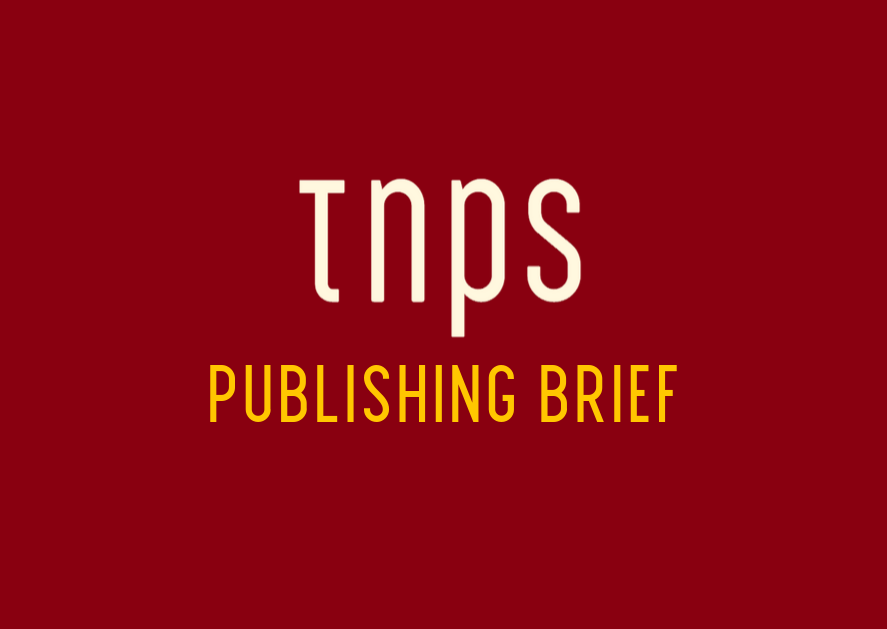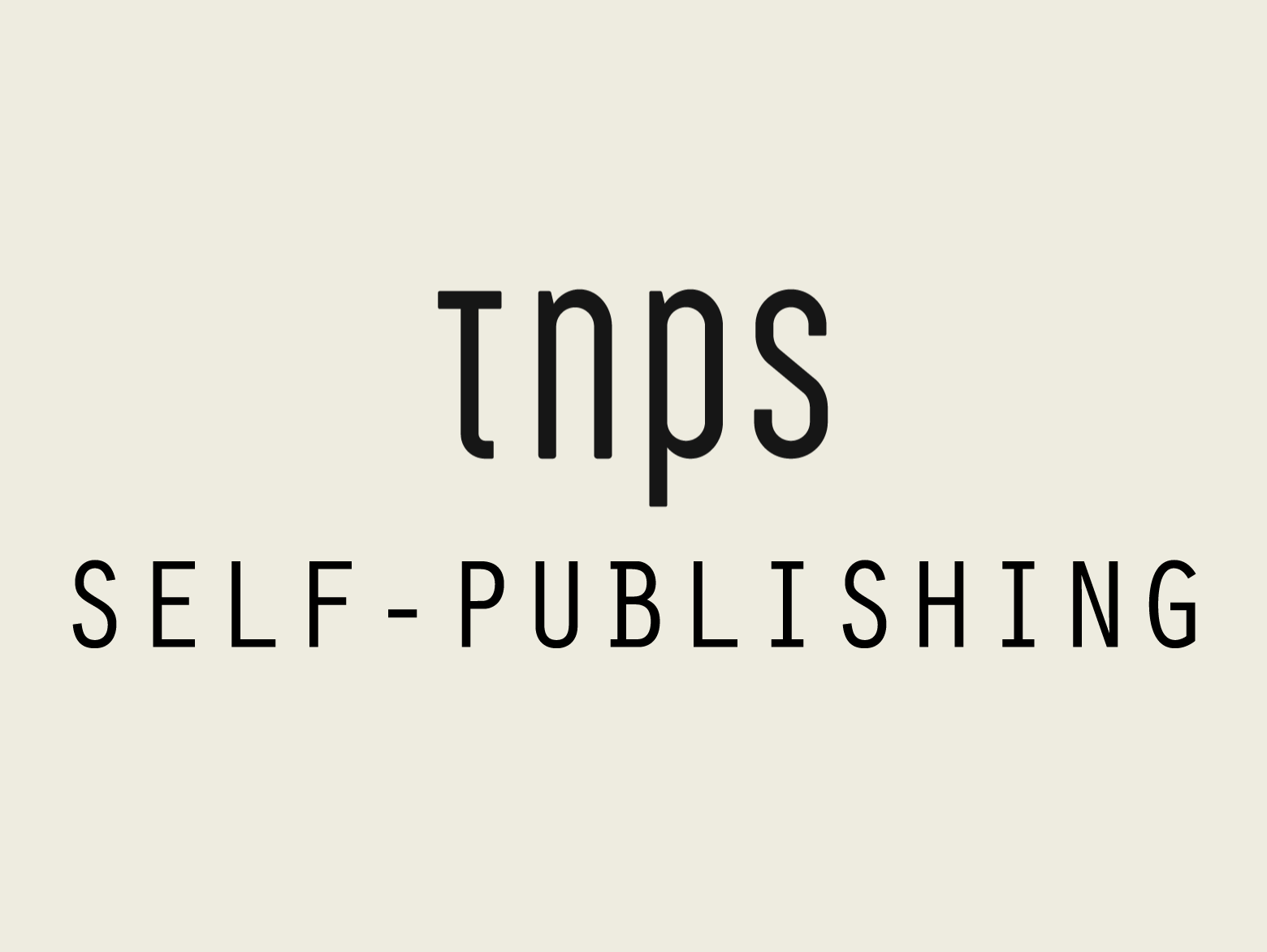Publishers Weekly’s report on the Book Industry Study Group (BISG) video chat (April 9) about the publishing supply chain shows an industry,
reeling from cancelled orders and loss of revenue, layoffs and furloughs of staff, and the potential loss of a significant number of independent bookstores.
Unsurprisingly the need for remote working featured across the board, with pretty much every company having shuttered their offices.
Andrea Fleck-Nisbet, publisher of Harper Horizon, an imprint of HarperCollins Christian Publishing, stressed the importance of remote communications tools to,
create new work flows and maintain a business.”
Zoom was singled out for its value in this arena. But not all employees were asked to stay at home.
Many publishers have warehouses, and many of those were asking employees to venture out into the real world to keep the supply of print books reaching consumers and print workers needed to be at their posts when they’d feel a lot safer at home. Many companies that were still operational at some level were experiencing staff actually sick or in self-isolation with possible coronavirus symptoms.
Not that print demand and production was anywhere near full capacity. Michael Shea, for printing firm LSC Communication, said reprint orders were down, first printings delayed, and schedules in chaos.
BISG executive director Brian O’Leary, Publishers Weekly explained,
Gave the retail overview citing the possible loss of many indie bookstores in the wake of the pandemic and the shift to online ordering by consumers (with) nearly 50% of college bookstores closed.
O’Leary called for a bigger commitment from big publishers to support bookstores, possible debt forgiveness, and even floated the possibility of new retail models, such as establishing minimum retail pricing. There was also some suggestions by callers that despite the “deprioritization” of books, Amazon was delivering books to customers faster than it has indicated.
It seems the ethical issues around expecting industry workers to put themselves at risk to produce and package print books and to ask others to put themselves at risk to deliver these orders were not raised.
But the industry needs to address these issues. While all of us understand the importance of printed books to consumers and to the industry, none of us can seriously argue that they are essential products when digital versions of the same can be made available at zero risk and just as profitably.
For publishers, and to a lesser degree booksellers, digital has always been a balancing act, and the many upsides of digital have often been tempered by the cold reality that, in the early days of digital in the late 2000s and early 2010s, publishers were careless in their digital choices, allowing one company to dominate the ebook arena.
And bizarrely in the mid-to late 2010s, even as publishers pulled back from ebooks to protect print as it became clear that one company wielded more leverage than they were comfortable with, publishers continued to make that company the central focus of their digital audio reach. Go figure.
But if there is one overriding lesson to be learned by publishers from the coronavirus pandemic it is that digital has been the industry’s safety net.
From Publishers Weekly’s BISG video chat summary:
Kelvin Watson, director of Broward County Libraries division, said libraries have essentially halted the purchase of physical books and are switching all purchasing to digital content. Libraries, he said, are focused on digital lending, adding online storytimes for children, and on remote learning going forward.
Maureen McMahon, president and publisher of Kaplan Publishing, and past chair of BISG, said working remotely would eventually “help diversity. It’s expanded our reach. There’s a lot you can do with Zoom.” She called e-books and the demand for digital the “heroes” of the crisis and outlined forthcoming “opportunities” including sharing best practices, cloud-based workflows, data portals and business continuity plans.
Andrew Savikas, chair of the BISG board of directors, winding up the video chat, said,
Transparency and collaboration. The more we do both, the better chance we have of coming through all of this and becoming a better industry.
Nothing to argue with there. But as per a TNPS post on Friday, publishers need to go further, and take an honest look at why they have sidelined ebooks for much of the last decade, and to address the need, in the post pandemic world, for a more reasoned and balanced approach to digital.
From TNPS:
There’s no suggestion this will be an extinction-event for print – but when this is over and we return to whatever the new normal may be, digital books will play a far larger part in the lives of consumers and publishers than we could ever have imagined as this new decade began just a few short months ago.…
Now is the time to, in the parlance of self-publishing authors, “go wide” to ensure Amazon’s value is collectively balanced by treating other digital outlets seriously, and to embrace counter-intuitive business models like unlimited subscription to ensure a more favourable balance in publishers digital reach and revenue streams.
Because even if the majority of booksellers survive this crisis and when all the restrictions are lifted and consumers are free to spend where they want, we have to understand that a desperately weakened global economy will for the foreseeable future thrust printed books, with their scant price flexibility, into the luxury category for most people around the world.
For authors and publishers that embrace digital’s capacity to offer flexible pricing, consumer demand will remain high.
Global publishing will never return to its pre-pandemic status.





